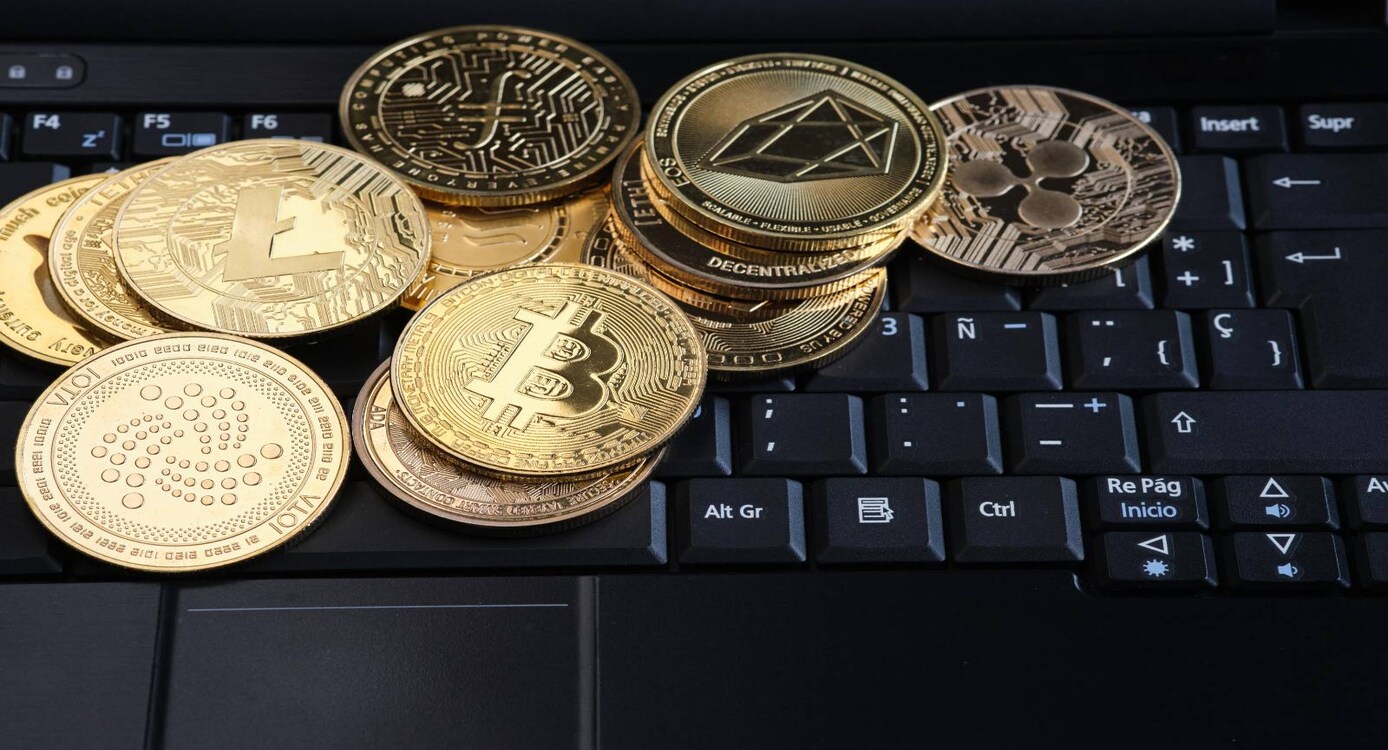News

Cryptocurrency: True Financial Freedom or an Illusion?
"With cryptocurrency, you can own and control your money 24/7—no one can freeze your account or block transactions."
This statement captures the core promise of cryptocurrency: decentralized, censorship-resistant money. But is it entirely true, or are there hidden limitations? Let’s break it down.
The Promise: True Ownership of Your Money
1. Self-Custody Means Full Control
Unlike traditional banks, where your funds can be frozen or seized, cryptocurrency allows true ownership—if you hold your private keys (e.g., in a hardware wallet or non-custodial wallet like MetaMask). No bank or government can directly confiscate or block your transactions.
2. Transactions Never Sleep
Banks have operating hours, holidays, and delays. Crypto operates 24/7/365—anyone, anywhere can send or receive money at any time, without intermediaries.
3. No Central Authority to Freeze Your Funds
Blockchains like Bitcoin and Ethereum are decentralized, meaning no single entity can reverse or block transactions once confirmed. This makes crypto resistant to censorship.
The Reality: Where Crypto Falls Short
1. Centralized Exchanges Can Freeze Your Funds
If you store crypto on platforms like Coinbase, Binance, or Kraken, they act like banks—they can freeze your account due to compliance, fraud suspicions, or government orders.
2. Governments Can Still Restrict Access
While your wallet can’t be frozen, authorities can:
- Ban exchanges from operating in their country.
- Block fiat on/off ramps, making it hard to cash out.
- Censor transactions (e.g., OFAC sanctions on Tornado Cash).
3. Smart Contracts & DeFi Risks
Some DeFi platforms have admin keys or governance controls that can:
- Pause withdrawals (e.g., during hacks).
- Blacklist addresses (seen in some stablecoins like USDC).
4. User Error = Permanent Loss
If you:
- Lose your private key → Funds are gone forever.
- Fall for a scam → No chargebacks or customer support.
Conclusion: Freedom, But With Responsibility
The statement is mostly true—if you self-custody your crypto, no one can freeze your account or block transactions. However, real-world factors (exchanges, regulations, smart contract risks) can still limit access.
How to Maximize Financial Freedom:
✅ Use non-custodial wallets (Ledger, Trezor, MetaMask).
✅ Avoid keeping large amounts on exchanges.
✅ Be aware of regulatory risks in your country.
✅ Understand smart contract risks before using DeFi.
Cryptocurrency offers unprecedented financial sovereignty—but only if you take full control. 🚀
Recommended to read

Christopher Morales Williams Blazes a Trail with Record-Breaking Speed in Indoor 400m Triumph
Christopher Morales Williams , a Canadian teenager achieves a groundbreaking time of 44.49 in Fayetteville, solidifying their position as the fastest...
Read more
Get K8 Airdrop update!
Join our subscribers list to get latest news and updates about our promos delivered directly to your inbox.


